The Mystery of the Crystal-Clear Freshwater Lake — The Purest in the World
NEW ZEALAND – Rotomairewhenua, also known as Blue Lake, is located in Nelson Lakes National Park and is recognized as the clearest freshwater lake in the world.
NEW ZEALAND – Nestled in the heart of Nelson Lakes National Park, Rotomairewhenua — also known as Blue Lake — holds the title of the clearest freshwater lake on Earth.
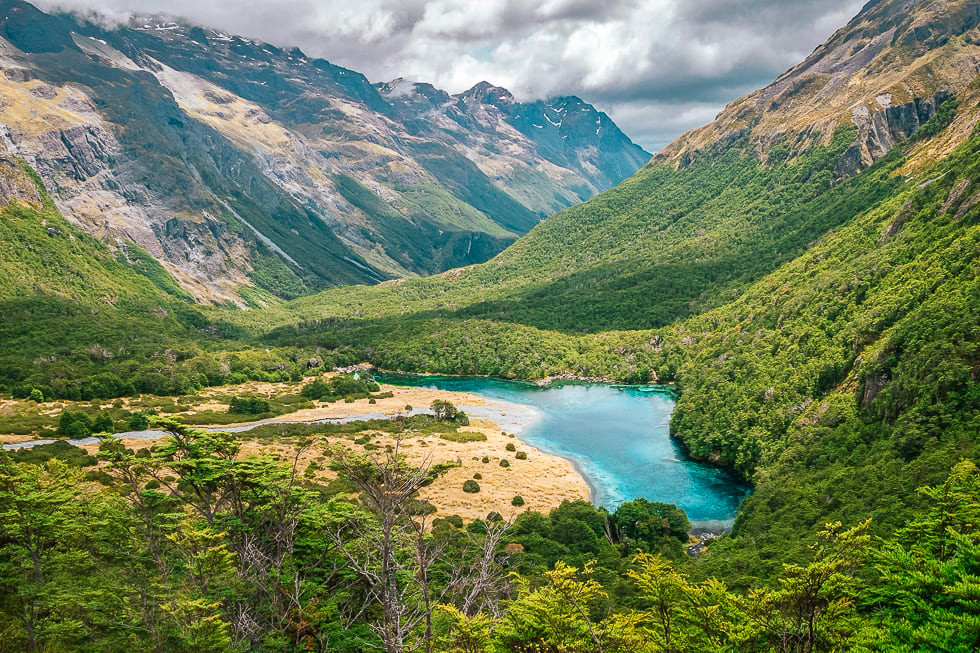
Năm 2011, Viện Nghiên cứu Nước và Khí quyển Quốc gia New Zealand (NIWA) đã thực hiện một loạt thí nghiệm khoa học và kết luận rằng hồ Xanh là một trong những hồ nước ngọt tự nhiên trong suốt và tinh khiết nhất mà con người từng phát hiện

Blue Lake (Rotomairewhenua) is renowned for its crystal-clear waters, with visibility exceeding 80 meters — second only to a few unique locations in the South Pacific. Situated at an altitude of 1,200 meters above sea level, the lake maintains a consistently cold temperature between 5 and 8°C. It is considered one of the clearest natural freshwater lakes in the world.
Regarded as a sacred lake by the Māori tribe Ngāti Apa ki te Rā Tō, Blue Lake (Rotomairewhenua) holds deep cultural significance and is a must-visit destination when traveling to New Zealand.
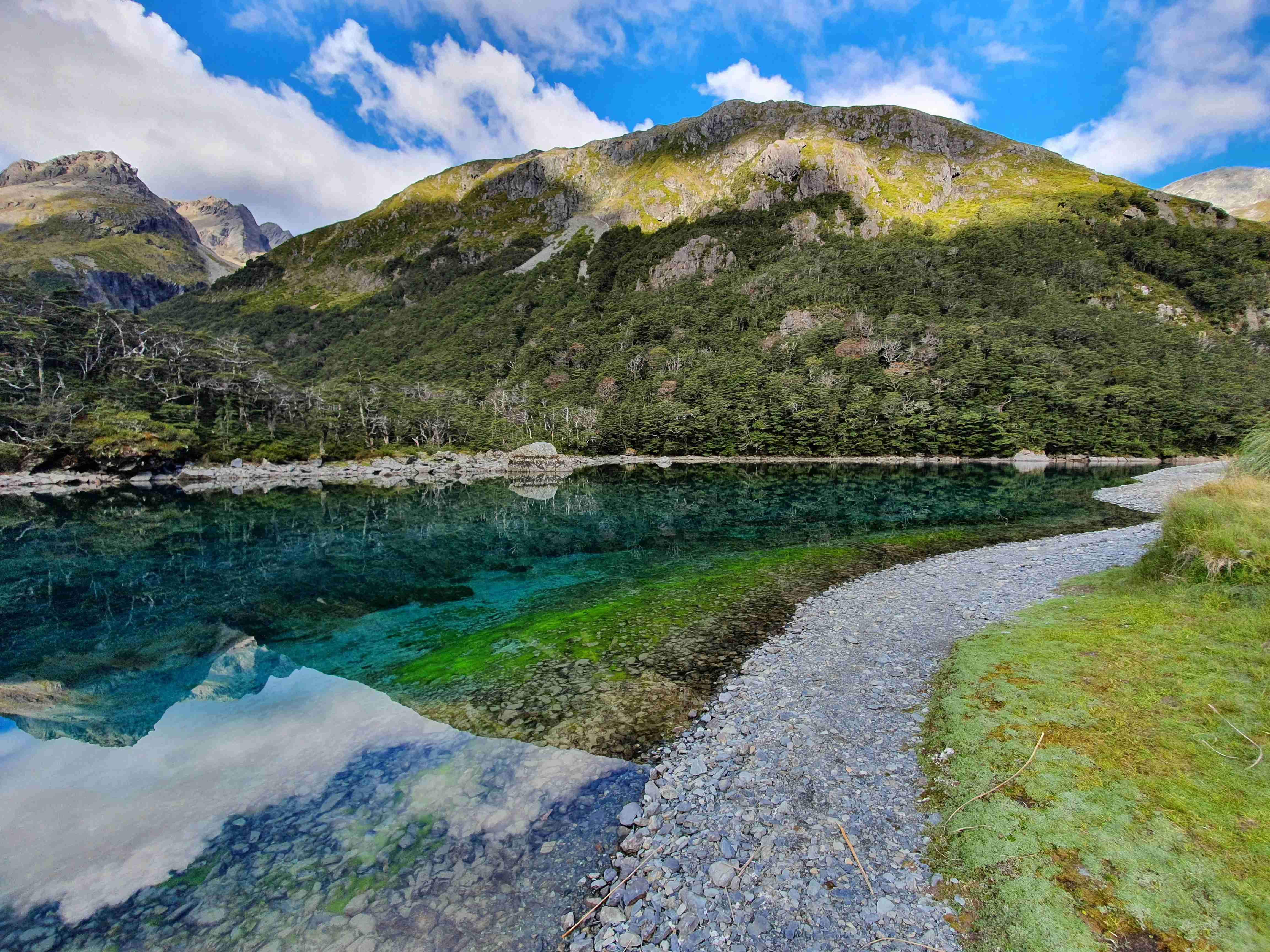
According to Māori tradition, the waters of Blue Lake (Rotomairewhenua) were used to cleanse the bones of deceased warriors, while the bones of women were purified in nearby Lake Constance. The spiritual farewell ritual followed a sacred path from Blue Lake to Farewell Spit, culminating in the burial of the remains in the Sabine Valley.
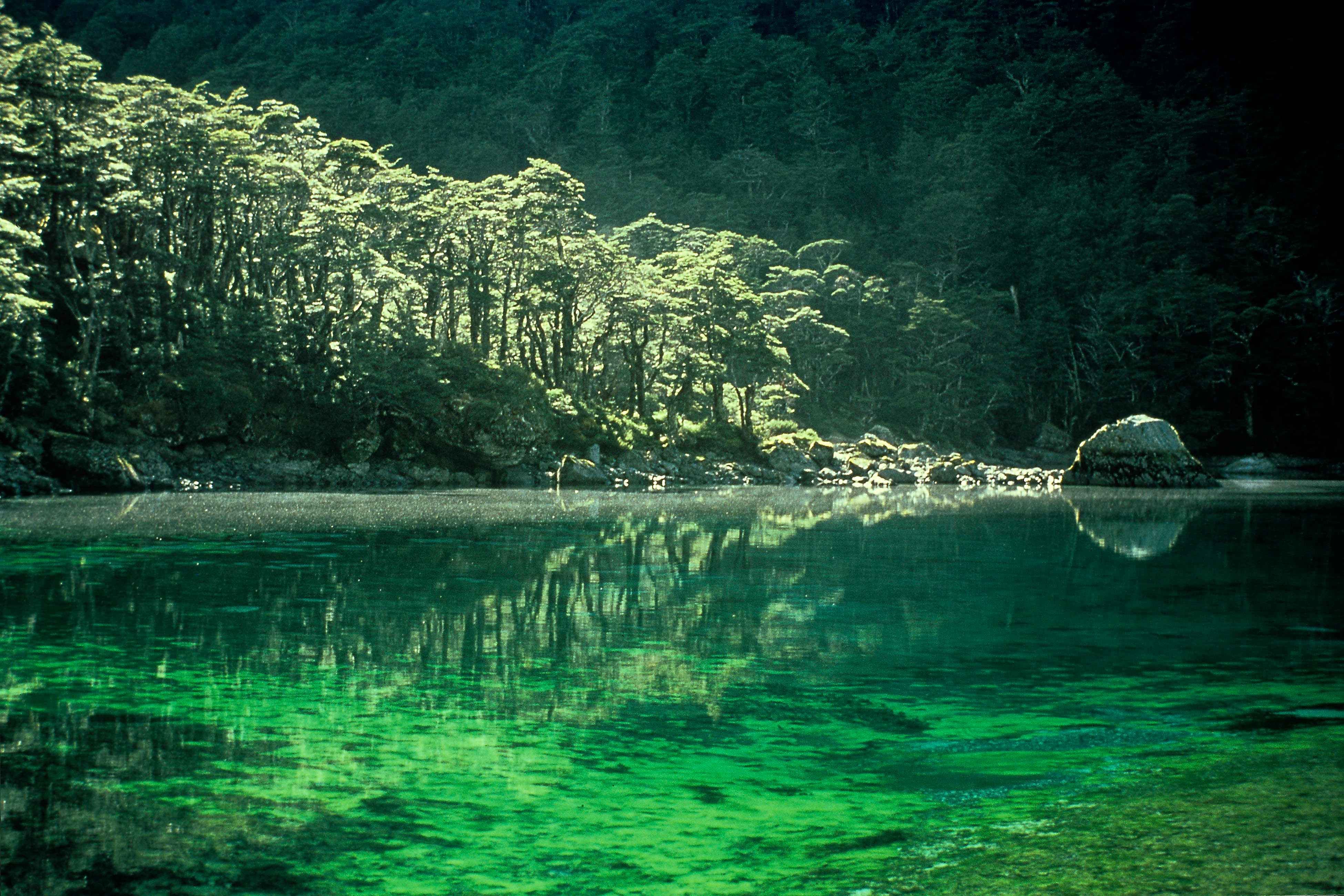
Kiley Nepia, cultural manager for the Māori people of New Zealand’s South Island, said he felt a spiritual connection to Blue Lake the first time he visited.“I truly understood why our ancestors chose that lake for sacred rituals,” Nepia said. “When you're there, you feel a deep sense of peace. Like baptismal water, or holy water in a church — these are sacred waters to the people of Ngāti Apa ki te Rā Tō.”
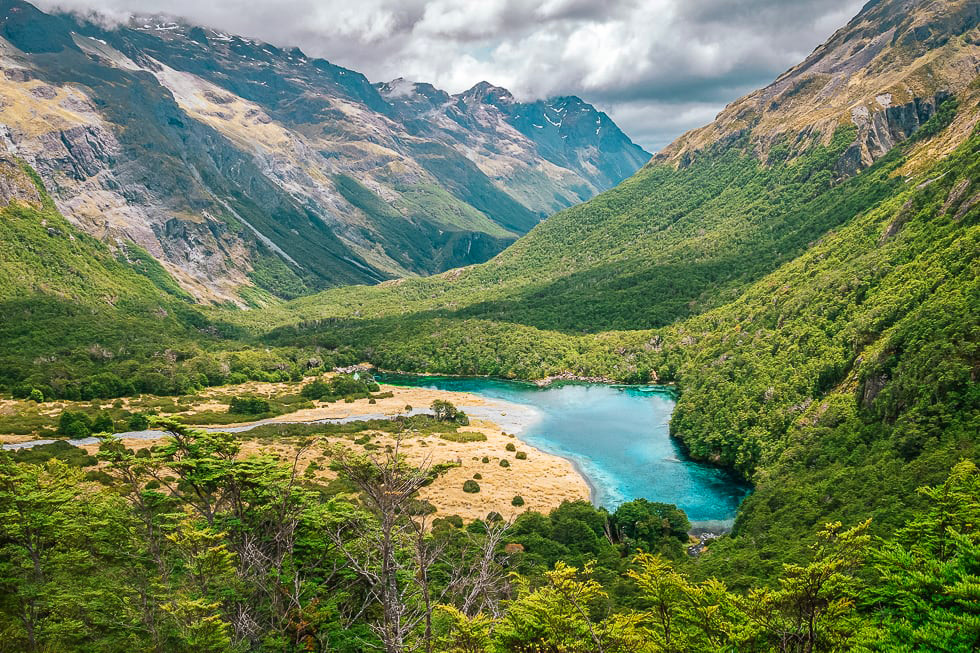
The maximum underwater visibility in the lake reaches 81.4 meters, and typically remains between 70 to 80 meters.Dr. Rob Davies-Colley, a scientist at NIWA, stated: "I don’t think there’s much difference between the water in Blue Lake and pure distilled water. And if there’s any place with clearer water, it would only be slightly so."
The reason why Blue Lake is so incredibly clear remains a mystery. The water flows in from Lake Constance through an underground stream and cascades down from springs located about 35 meters above Blue Lake. However, despite being at a higher elevation of 1,335 meters, Lake Constance is nowhere near as clear.

The water of Blue Lake (Rotomairewhenua) undergoes a natural underground filtration process as it passes through glacial gravel from the last ice age, over 12,000 years ago, and debris from ancient landslides. These sediment layers filter out particles and organic matter, resulting in its extraordinary clarity. Blue Lake also has a unique self-cleaning mechanism: it flushes out its water every three days, carrying away any pollutants and nutrients, thereby maintaining its exceptional purity.
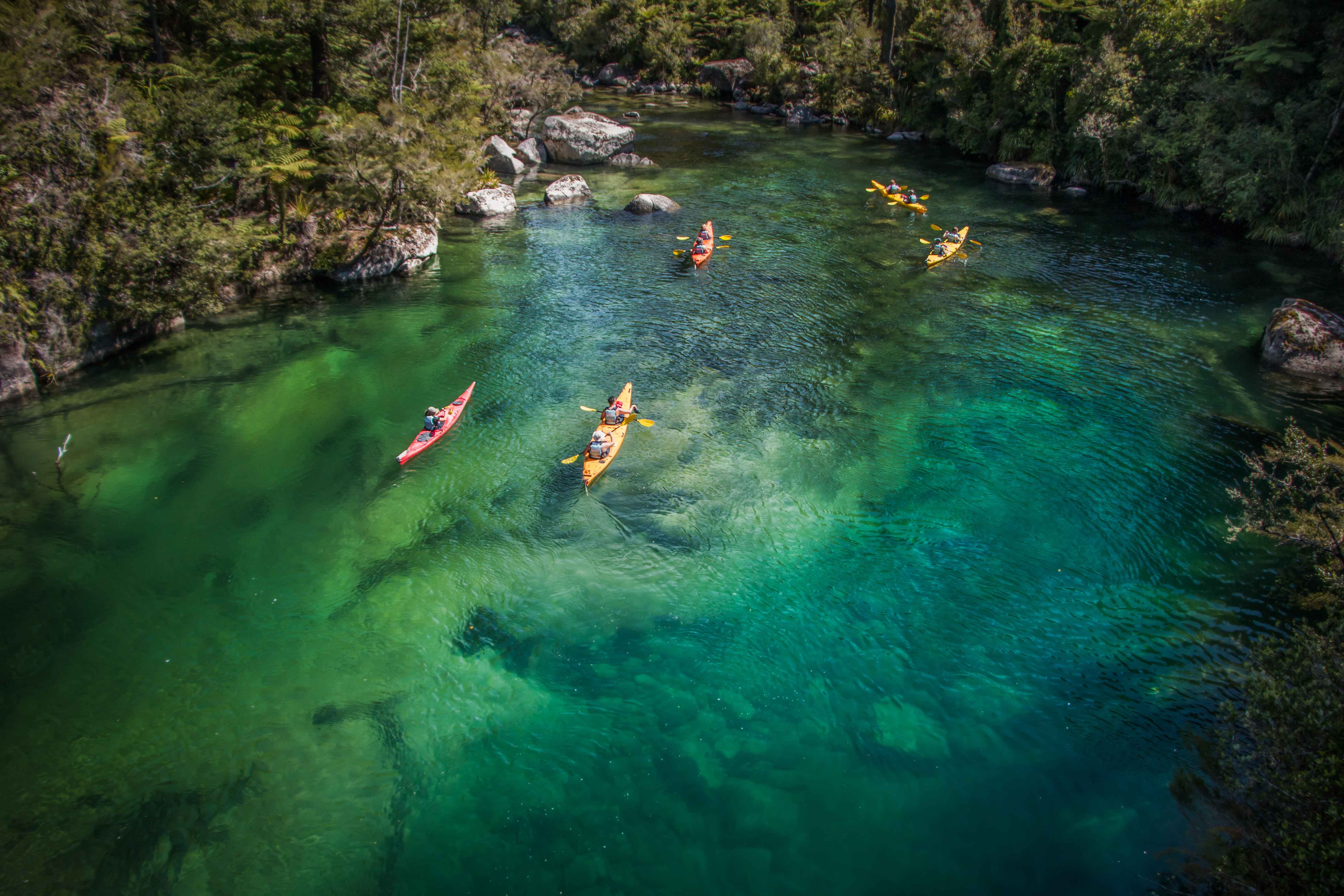
The number of visitors to Blue Lake has steadily increased since 2011, following the publication of NIWA’s research. In reality, it takes at least two days to reach Blue Lake via the 80-kilometer Travers–Sabine hiking route, which winds through tranquil forests nestled between 2,000-meter-high mountain peaks. For those who prefer not to hike, Blue Lake can also be admired from above via helicopter tours operated by Reid Helicopters Nelson within the national park.
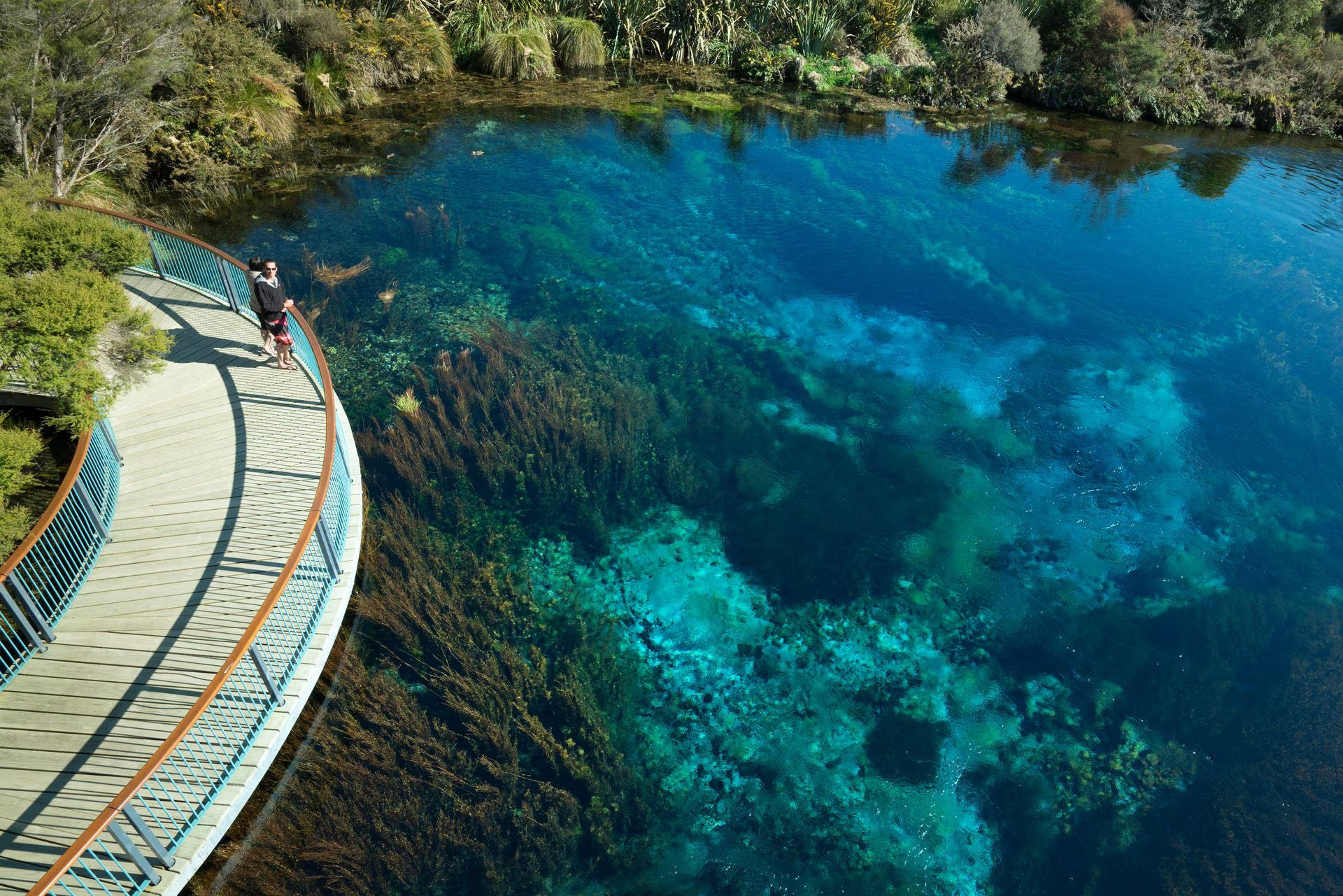
 VI
VI EN
EN

